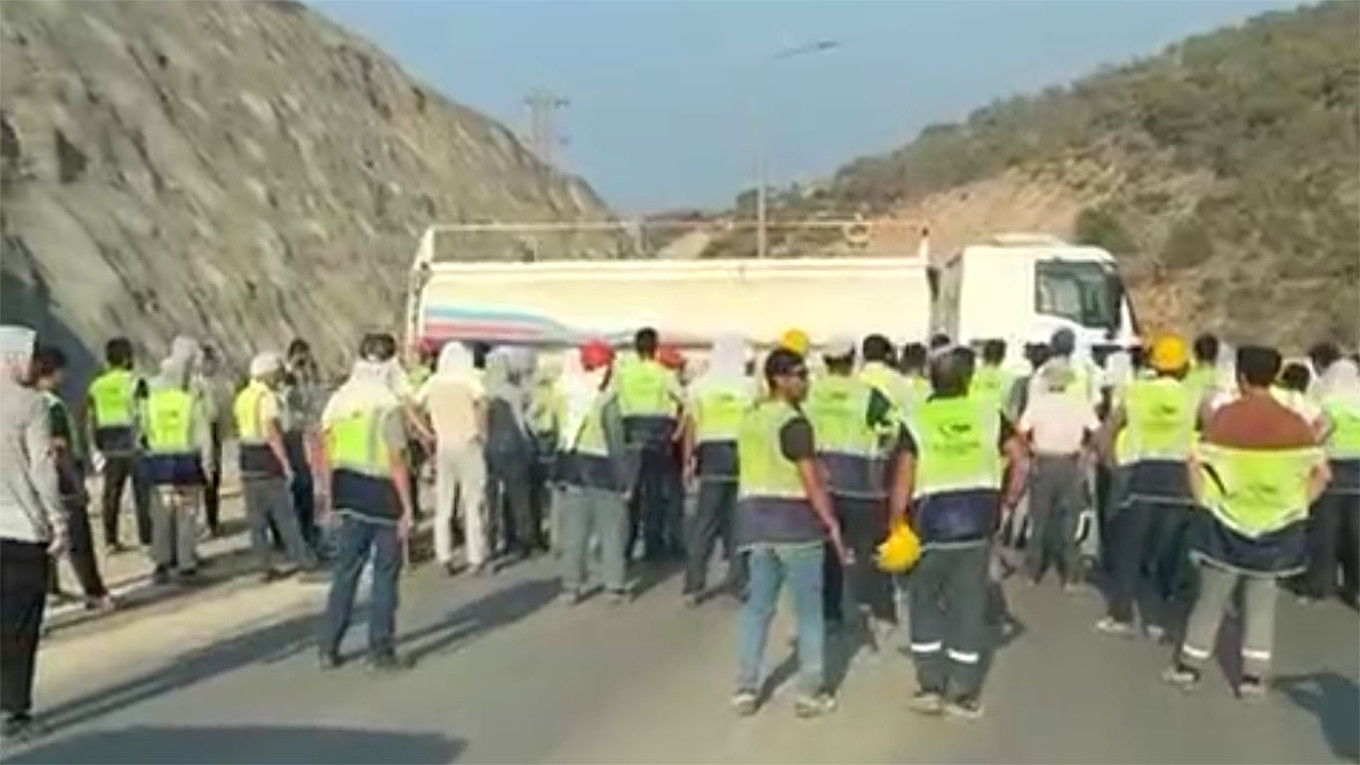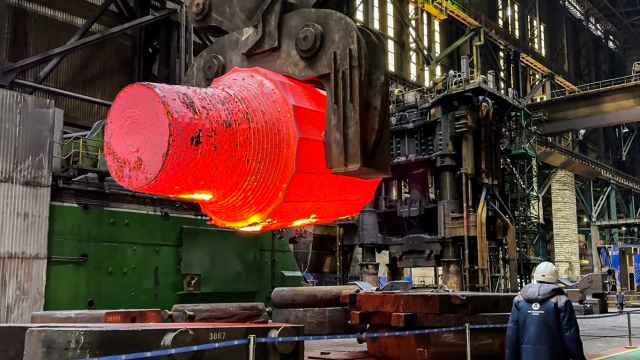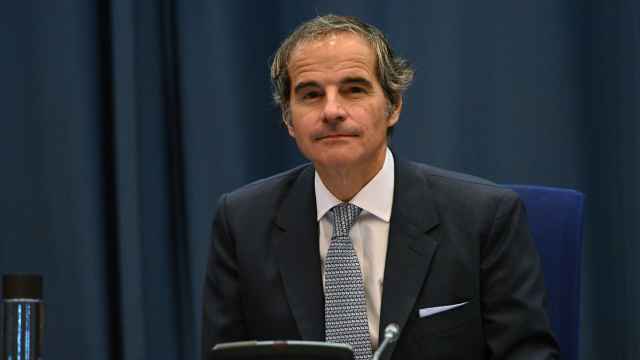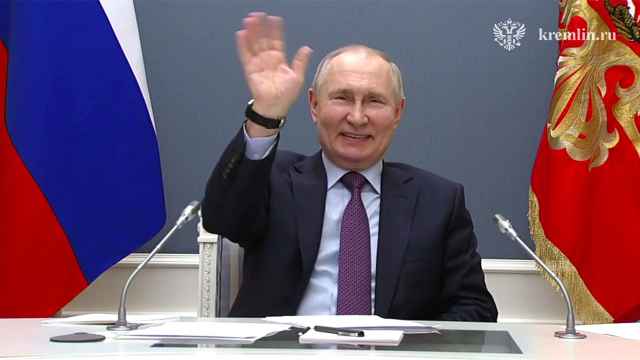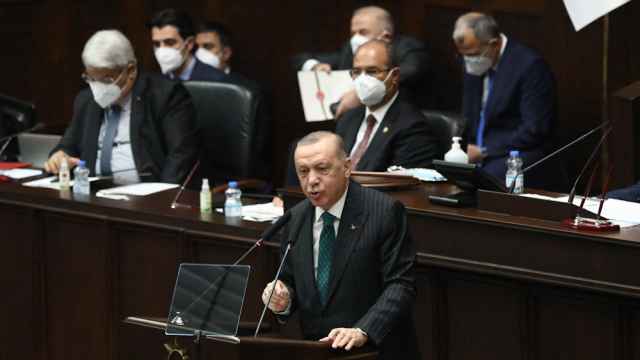Russia’s state nuclear energy company has blamed “external political factors” for delays in wage payments to workers at the Akkuyu Nuclear Power Plant under construction in southern Turkey.
In comments to the RBC news website on Wednesday, Rosatom’s press office claimed that a significant portion of the project’s financing had been blocked by unspecified third parties.
The company accused certain foreign governments of engaging in “unfair competition” aimed at undermining Russia’s nuclear energy sector.
“We have all become hostages to the actions of unfriendly countries that are using questionable methods to hinder the development of advanced Russian nuclear projects,” Rosatom said.
Russia has officially designated Western nations allied with Ukraine as “unfriendly” countries.
The comments came after workers staged a protest at the Akkuyu site on Tuesday over months of delayed wage payments.
Videos circulated on Russian and Kazakh Telegram channels showed workers obstructing construction equipment and scenes of physical altercations.
Rosatom said it had instructed contractors to hold meetings with employees to address their concerns and discuss possible solutions.
Its local subsidiary, Akkuyu Nuclear, confirmed that it is in ongoing contact with key contractors and is “implementing all measures within its authority” to resolve the issue.
The Akkuyu plant, which is set to become Turkey’s first nuclear power station, will include four Russian-designed VVER-1200 reactors.
Once operational, the facility is expected to generate about 10% of Turkey’s electricity needs.
Rosatom owns a majority stake in the project under a build-own-operate model, making it one of the Kremlin’s most high-profile international infrastructure undertakings.
The project has proceeded despite mounting geopolitical tensions and sanctions related to Russia’s invasion of Ukraine.
A Message from The Moscow Times:
Dear readers,
We are facing unprecedented challenges. Russia's Prosecutor General's Office has designated The Moscow Times as an "undesirable" organization, criminalizing our work and putting our staff at risk of prosecution. This follows our earlier unjust labeling as a "foreign agent."
These actions are direct attempts to silence independent journalism in Russia. The authorities claim our work "discredits the decisions of the Russian leadership." We see things differently: we strive to provide accurate, unbiased reporting on Russia.
We, the journalists of The Moscow Times, refuse to be silenced. But to continue our work, we need your help.
Your support, no matter how small, makes a world of difference. If you can, please support us monthly starting from just $2. It's quick to set up, and every contribution makes a significant impact.
By supporting The Moscow Times, you're defending open, independent journalism in the face of repression. Thank you for standing with us.
Remind me later.


